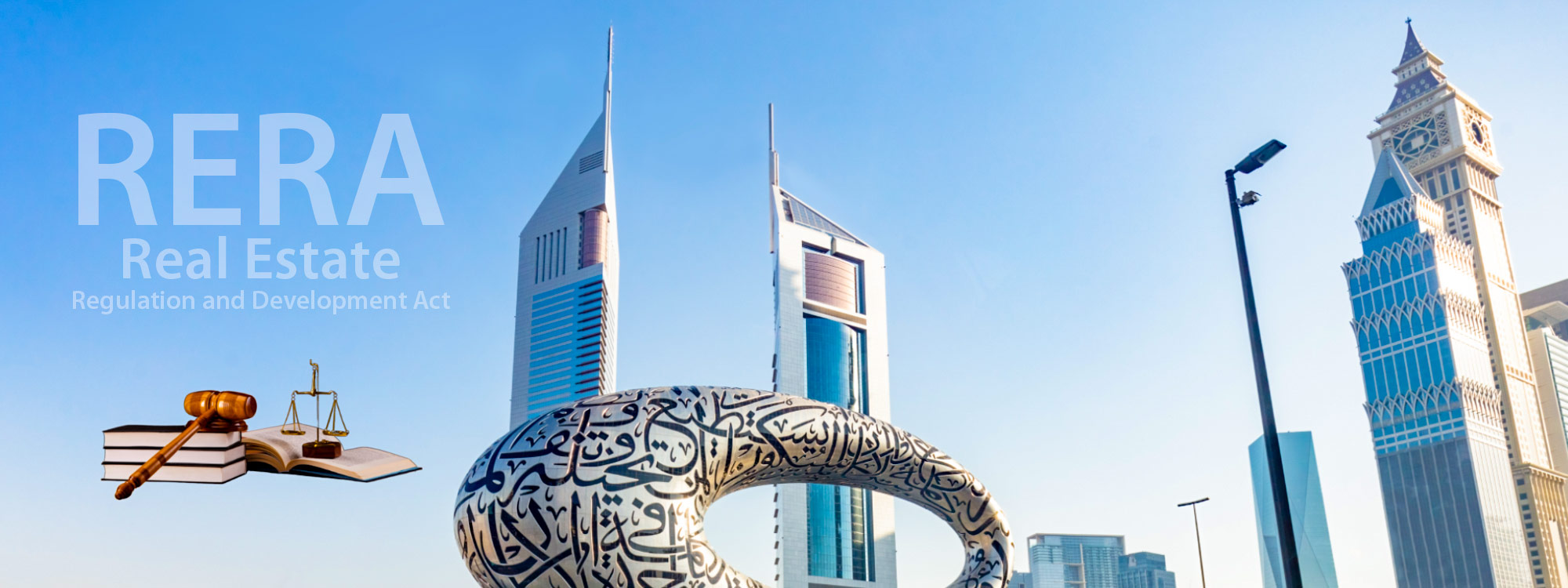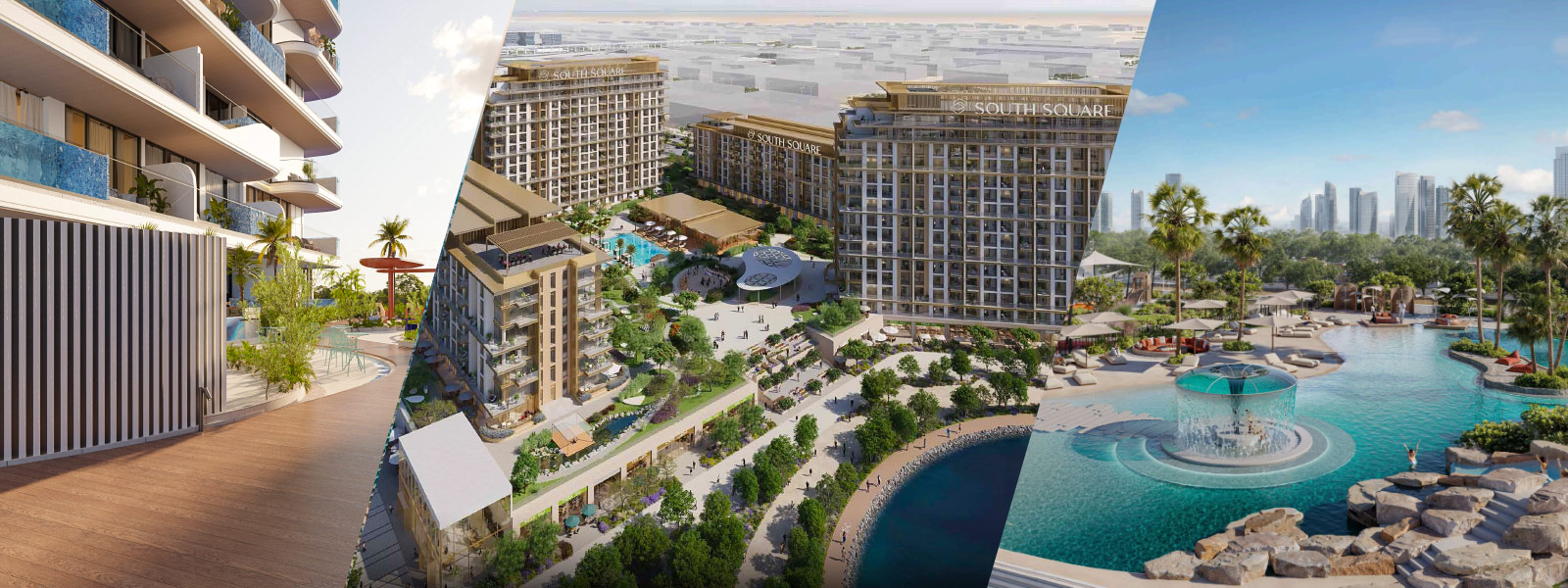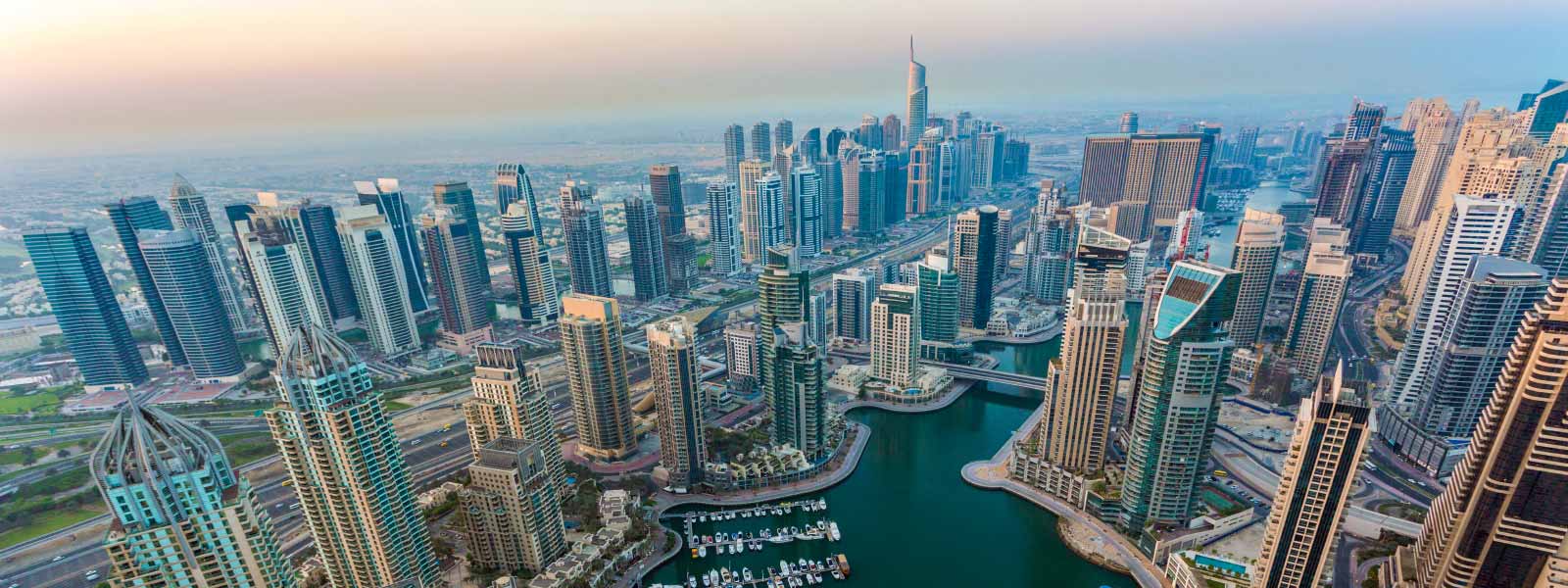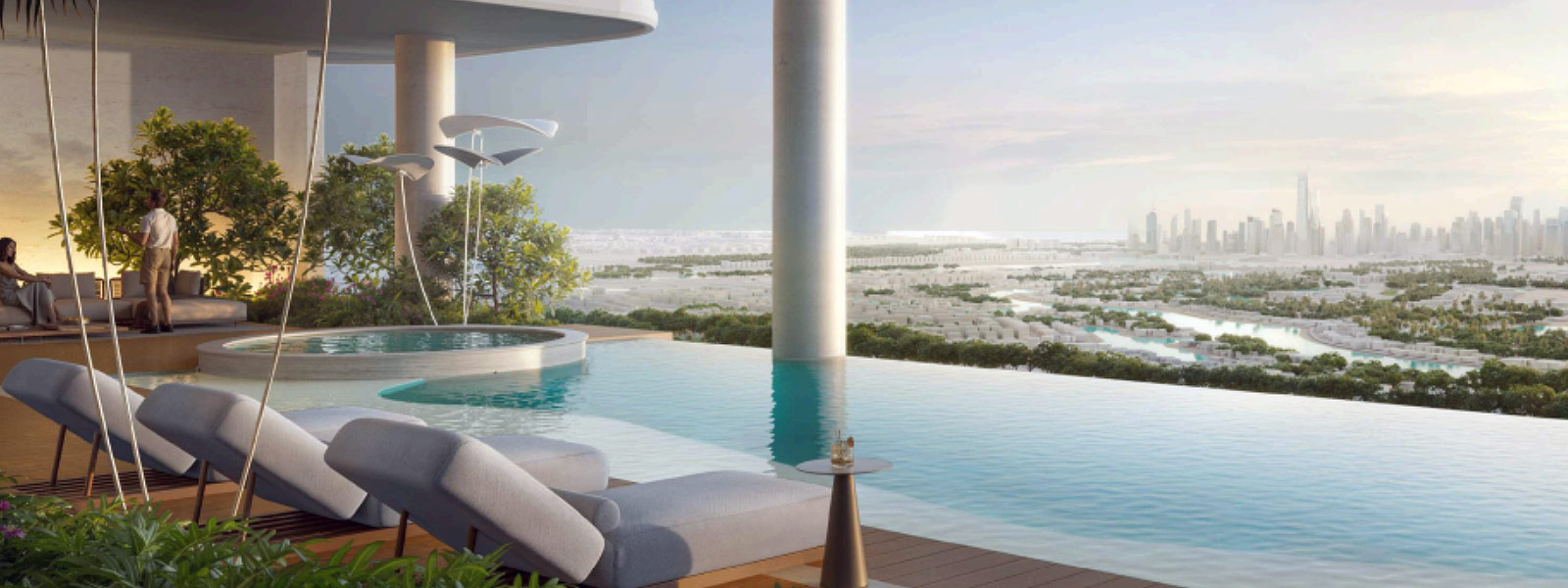
How to Lease Your Property in Dubai and Maximize Rental Income
Leasing your property in Dubai can be one of the smartest financial moves you make as a landlord. With its thriving real estate market, strong rental yields, and a constant influx of expats, Dubai offers property owners excellent opportunities to generate consistent income. This guide will walk you through every step, from legal requirements to maximizing returns, so you can lease your property in Dubai with confidence.
Why Lease Your Property in Dubai?
Dubai remains one of the most attractive real estate markets globally, offering landlords:
- High rental yields averaging 5%–8%, compared to global cities like London (3%) or New York (4%).
- A strong demand from expats, who make up nearly 85% of Dubai’s population.
- Tax-free rental income, making it one of the most profitable rental markets.
Step-by-Step Guide to Leasing Your Property in Dubai
1. Understand the Legal Requirements
All tenancy contracts must be registered with Ejari, Dubai’s official tenancy registration system. Without it, your lease will not be legally recognized. This protects both landlords and tenants in case of disputes.
2. Set the Right Rental Price
The Dubai Land Department (DLD) provides an official Rental Index that landlords must follow. Setting the right price ensures you attract tenants quickly while maximizing rental yield.
3. Market Your Property Effectively
Dubai tenants often search on portals like Bayut, Property Finder, and Dubizzle. High-quality photos, detailed descriptions, and highlighting unique features such as a sea view, smart home features, or proximity to the metro can help your listing stand out.
4. Screen Tenants Carefully
Check tenant references, employment stability, and rental history. A reliable tenant reduces risks like delayed payments or property damage.
5. Sign an RERA-Compliant Contract
Make sure the contract complies with the Real Estate Regulatory Authority (RERA) guidelines. This ensures transparency and avoids legal complications later.
6. Register with Ejari
Registration is done online or at an Ejari typing center. Once completed, both landlord and tenant are legally protected.
7. Maintain the Property
Well-maintained properties attract higher-paying tenants. Regular maintenance also prevents costly repairs in the future.
Expert Tips to Maximize Rental Income
- Furnish smartly: Furnished apartments often attract corporate tenants willing to pay higher rents.
- Offer flexible payment plans: While annual cheques are common, offering quarterly or monthly payments attracts more tenants.
- Invest in upgrades: Simple improvements like modern lighting, fresh paint, or energy-efficient appliances can increase rental value.
- Hire a property manager: If you live abroad or prefer a hands-off approach, property management companies can handle tenants, rent collection, and maintenance.
Best Areas in Dubai for High Rental Yields
Not all areas provide the same returns. Some of the top-performing locations include:
- Dubai Marina: Popular with young professionals and expats, offering strong demand year-round.
- Business Bay: A prime area close to Downtown, appealing to corporate tenants.
- Jumeirah Village Circle (JVC): Affordable yet in high demand among families.
- Downtown Dubai: Premium properties with consistent demand from tourists and professionals.
Common Mistakes Dubai Landlords Should Avoid
- Overpricing your property, which leads to long vacancy periods.
- Skipping tenant background checks, risking delayed payments.
- Ignoring property maintenance, reducing long-term returns.
- Not updating contracts according to RERA rules.
Final Thoughts
Leasing your property in Dubai can be highly profitable if done strategically. By understanding the laws, setting the right price, maintaining the property, and building good landlord-tenant relationships, you can maximize your Dubai rental yield and enjoy steady income.
This Dubai landlords guide should help you navigate the process with confidence and authority.
FAQs About Leasing Property in Dubai
Q1: How can I lease my property in Dubai?
Register your tenancy with Ejari, market the property, screen tenants, and sign a RERA-compliant contract to lease successfully.
Q2: What is the average rental yield in Dubai?
Rental yields average between 5% and 8%, depending on the property type and location.
Q3: Do I need to register my lease with Ejari?
Yes, Ejari registration is mandatory for all tenancy contracts in Dubai.
Q4: Can foreigners lease property in Dubai?
Yes, foreigners who own freehold or leasehold properties can lease them legally.
Q5: What are the best areas in Dubai for rental yield?
Dubai Marina, JVC, Business Bay, and Downtown Dubai consistently offer strong rental yields.
Q6: Can I lease my property in Dubai without living there?
Yes, you can appoint a property management company to handle leasing, tenant screening, and maintenance on your behalf.
Q7: What is the minimum lease term in Dubai?
The standard tenancy contract is for 12 months. Short-term rentals are allowed only if permitted by the community and licensed.
Q8: How do I increase my property’s rental yield in Dubai?
Offer flexible payment plans, furnish smartly, allow pets, and consider short-term rentals where possible.
Contact: If you need help listing or managing your property in Dubai, visit our contact age or email contact@dardxb.com









